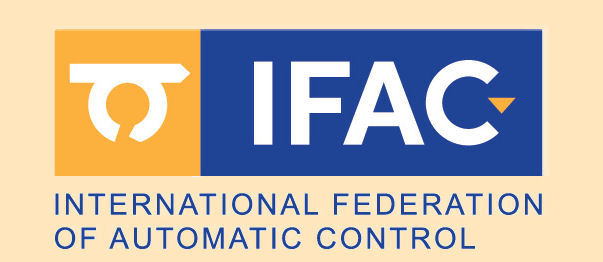| Paper TuBT1.3
Aliberti, Marco (University of Salerno), Arsie, Ivan (University of Salerno), Cricchio, Andrea (University of Salerno), PIANESE, CESARE (UNIVERSITY OF SALERNO), Polverino, Pierpaolo (University of Salerno), Sorrentino, Marco (University of Salerno)
A Model-Based Scenario Analysis for Assessing the Benefits of Fuel Cell Vehicle Hybridization
Scheduled for presentation during the Regular Session "Control & Estimation III : Energy sources" (TuBT1), Tuesday, June 25, 2019,
15:25−15:45, Chambord
9th IFAC International Symposium on Advances in Automotive Control, June 23-27, 2019, Orléans, France
This information is tentative and subject to change. Compiled on April 26, 2024
|


 This site is protected by copyright and trademark laws under US and International law.
This site is protected by copyright and trademark laws under US and International law.